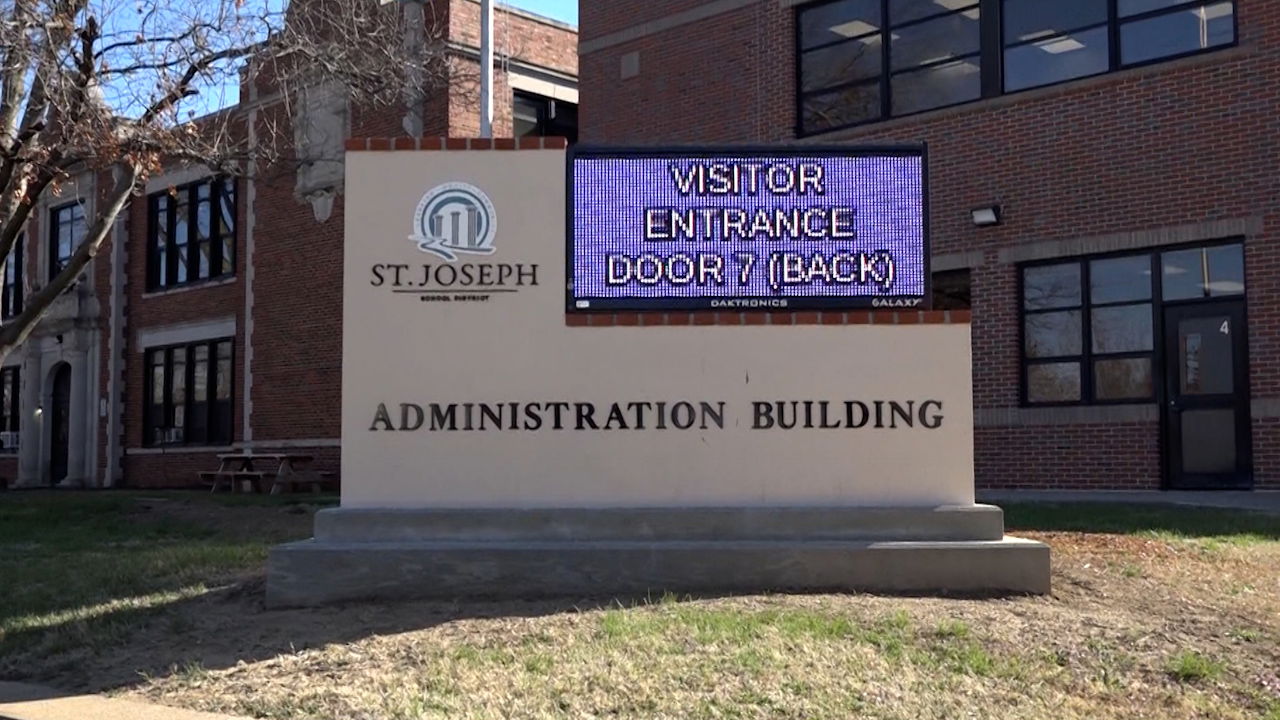Bill introduced to cap superintendent salaries in Missouri

By Kirsten Stokes
A bill established in the Missouri Legislature aims to keep salaries for superintendents more in line with other staff members.
The goal of House Bill 2344 sponsored by state Rep. Ben Keathley of Chesterfield, Missouri, is to ensure superintendents are not paid more than 5½ times the total compensation of a beginning teacher’s salary within his or her district.
“I think it’s a bipartisan issue,” Keathley said. “I think everyone is on the sides of making sure that money is going to teachers where it’s going to do the most good to help our students.”
Many have expressed concerns about compensation for teachers in the state. With a minimum starting salary of $25,000, Missouri ranks 48th in terms of teacher wages across the nation. On average, teachers in the state earn $34,000.
Currently, 33 of Missouri’s school districts pay superintendents above the 5½ times threshold. One of those is St. Joseph.
Superintendent Gabe Edgar currently makes $231,000, while the highest paid beginning teacher in the district earns $38,700. That puts the St. Joseph School District leader’s salary about $18,000 over the limit Keathley’s bill suggests. Edgar said he’s hopeful the district will be able to raise teacher salaries to a point where that’s not an issue.
“I think it should be left up to local control, but if this is something that they feel like needs to be pushed, I’m OK with it,” Edgar said. “It’s not going to affect me very much if we can get our teachers’ salary where I think we can get it over the next year or two. By the time this comes into place, my salary is going to be right at the 5.5.”
Although the goal of better pay for teachers is shared by many, not everyone agrees the proposed bill is the best way to achieve it.
The Missouri National Education Association collaborates closely with teachers and board members to ensure sufficient pay for administration and staff.
“We encourage the school board to continue giving annual pay raises, which we hope would exceed,” said David Jones, vice president of the MNEA.
However, Jones voiced concerns about the potential for overlapping authority that Keathley’s bill may bring, emphasizing the importance of granting local boards of education the final say on matters of administration and staff salary.
“It’s not Jeff City’s business to mandate or tell St. Joe how we should pay our own employees,” Jones said.
Keathley said he feels the bill acknowledges that concern.
“Your individual school districts is deciding what teachers and superintendents are making and there’s a good reason for that. It’s because every district has different labor markets..they have different needs,” Keathley said.
The bill’s passage could impact retention if salaries don’t compete with surrounding districts.
“They’re going to have to find the competitive salary structure for that particular community,” Keathley said. “Districts need to be able to still have that flexibility to pay the superintendents and pay the teachers what is appropriate for that market.”
A public hearing on Keathley’s bill was held on Jan. 23 in the House of Representatives. Further action has not been scheduled at this point.




